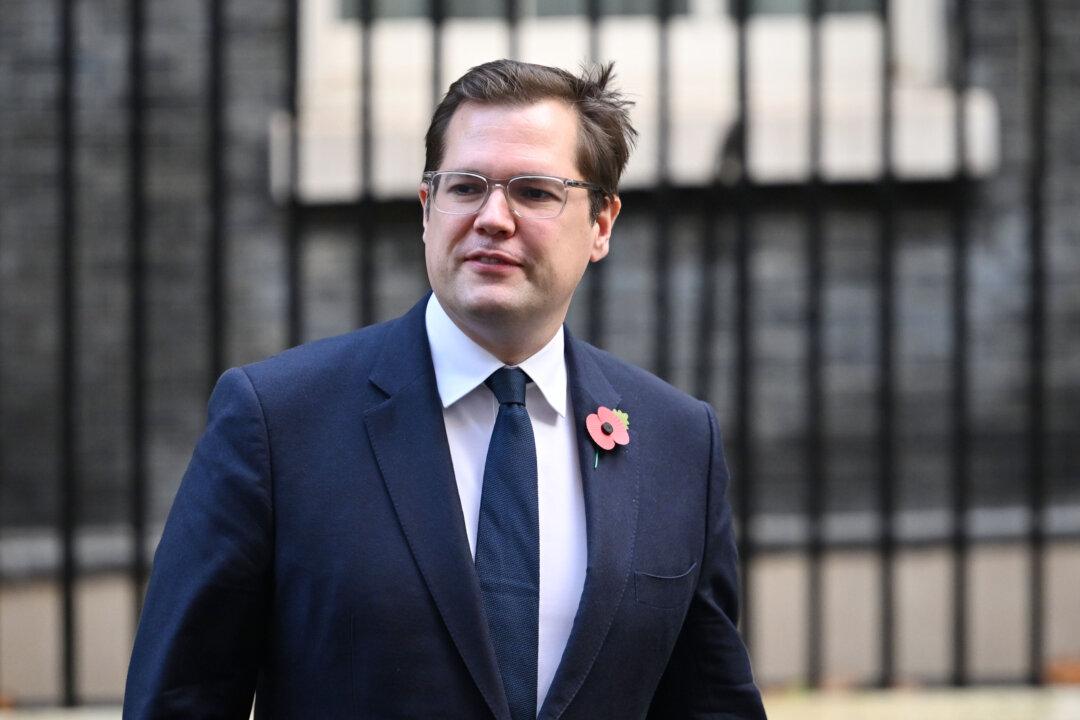Parliament could be given powers to set an annual cap on the number of asylum-seekers or refugees allowed to enter the UK, a Home Office minister has revealed.
In an interview with The Telegraph newspaper, Robert Jenrick, the Minister of State for Immigration, set out his ambition for a new asylum system that would offer “safe and legal” routes for genuine refugees—while barring asylum claims from those arriving in the UK illegally by crossing the English Channel in small boats.





